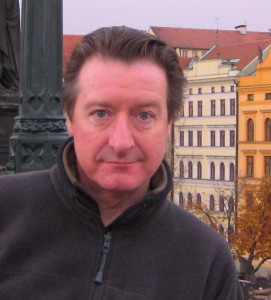
the places that grow me
There are not many of us that live without being hurt in some way. Being hurt evokes our fight-flight-freeze response which is hardwired into us; it establishes a thousand subtle and not so subtle defences, shields and justifications for needing those shields, such as “better safe than sorry”.
We defend in so many ways: we deny, distort, suppress and repress what threatens and hurts us. In order to maintain our shielded selves, we espouse a particular narrative which, by its very nature closes a part of ourselves off. Mostly, since we don’t want to feel our pain, we don’t just reject and disown that which is painful and dark in us, but the light, too. We reduce our experience of pain, but so too our potential for continued growth. To a greater or lesser extent, we’re then all operating from a place of arrested development. Yet we can “grow up.”
We’ve become used to identifying and relating largely from what is called our mental-egoic self, mostly a cognitive, problem-solving, strategising self. There’s nothing inherently wrong with this, but we’re capable of much more.
There are more stages and levels available to us. Exploring briefly the work of Ken Wilber, he suggests that there are three distinct levels or stages of human growth: preconventional, conventional and postconventional. Most of the world population operates from a conventional level and constellate largely around the mental-egoic set of preferences we have. But what, or where, are the places that grow me?
One primary way of moving from conventional to post conventional is by relating from what Buddhism calls bodhicitta, often described as “awakened heart”. It is interesting that in many Asian tongues the word heart is the same as mind; there is a sense of a fuller presence here. Pema Chodron calls bodhicitta “the soft spot…as vulnerable and tender as an open wound” and equates it with compassion. The awakened heart-this is not mere emotion or feeling, but an embodied and awakened compassion and self-inquiry-shines a light that connects and releases our defences, defences that hold us in aversion and grasping; in that release, we grow.
We discover a fixed sense of self we have constructed and maintained from our defences. This conventional self, structured as it is around certainty and separateness falls away; we then relate to a self coordinated by impermanence and interdependence, connected to the flux and flow that is life living through us.
The awakened heart is then free to rest in awareness itself, light and dark are reconciled and we grow.
Pema Chodron The Places That Scare You
Ken Wilber Sex, Ecology, Spirituality





Write a Comment